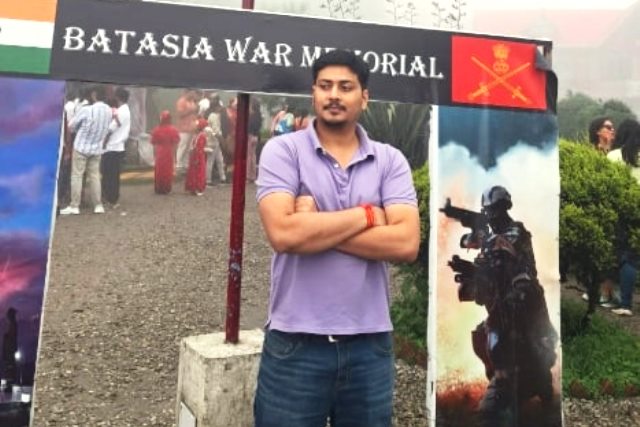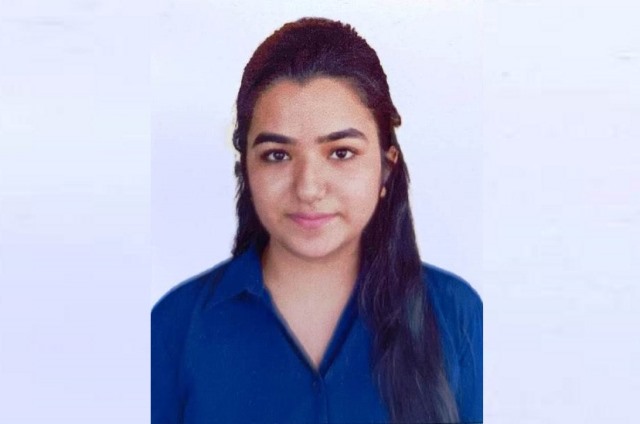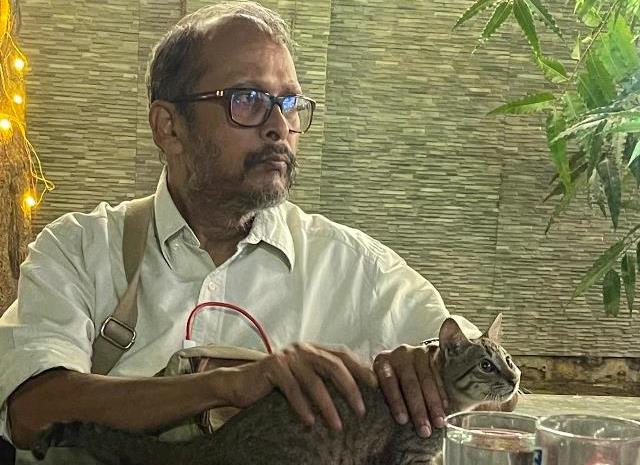Ashish Kumar Shukla, a district-level cricketer and an Army aspirant from Balia in UP, says stopping water to Pakistan but playing cricket with them show double standards. His views:
After the killing of innocent tourists at Pahalgam by Pakistan-based terrorists, Indian political leadership took a bold step to place the Indus Water Treaty in abeyance. In effect, it meant that India will no longer release Indus water or share related data with Pakistan. Prime Minister Narendra Modi said it then, and repeated it in his Independence Day speech, that blood and water cannot flow together. India has also stopped all trade with Pakistan and the two countries have also closed air space for each other’s aircraft.
What baffles me, however, is that amid such rhetoric, how India will play a cricket match with Pakistan in Dubai for the Asia Cup! If water, a basic humanitarian resource, can be restricted on strategic grounds, then allowing a high-stakes cricket match—driven by corporate profits, TV ratings, and public spectacle—appears contradictory. India-Pakistan cricket match is more than just a sports event. It carries diplomatic, emotional and financial significance.
This clearly exposes our double standards in our response to terrorism and diplomacy. When bilateral cricket ties were suspended years ago citing national sentiment and cross-border terrorism, it was on the moral premise that there can be no cricket with blood-stained hands. That sentiment appears to have been overlooked for the lure of money and eyeballs.
Incidentally, our senior players refused to play with their Pakistan counterparts in the Champions League citing nationalistic reasons in the wake of the Pahalgam terror attack. This sent a strong message to the sporting community that national security and blood of our citizens override any sporting ties or trophy.
The BCCI is willing to turn that principle on its head and has agreed to play with Pakistan at a neutral venue. If this is not hypocrisy, pray what is?
ALSO READ: ‘Blood And Water Can’t Flow Together, But Cricket-Dollars Can’
India must remain consistent to its words when it comes to formal or sports diplomacy. If we’re serious about isolating Pakistan diplomatically, then cricket, the most visible and emotional link between the two countries, should not be exempt from this strategy. When our leadership has declared that India will not share water and airspace with a hostile neighbour, how could our Men in Blue share a cricket field with their ODI team? Either you impose the principle of disengaging with all forms of exchanges or engage with Pakistan on all fronts.
Operation Sindoor was named thus because India wanted to send a message to its own citizens that the sacred marital symbol will be honoured at all cost. Our armed forces lived up to this commitment and gave an unprecedented bloody nose to the terror network on Pakistan soil.
However, our cricket control board is now digressing from the dotted line. If our national policy has declared that blood and water cannot flow together, every Indian entity must ensure that blood and cricket-money shouldn’t either.
As Asaduddin Owaisi said on the floor of Parliament in the current Monsoon Session that his conscience will not allow him to watch Asia Cup cricket match between India and Pakistan, our cricketers must also show some conscience in a fitting tribute to the lives lost in Pahalgam.
As told to Rajat Rai


